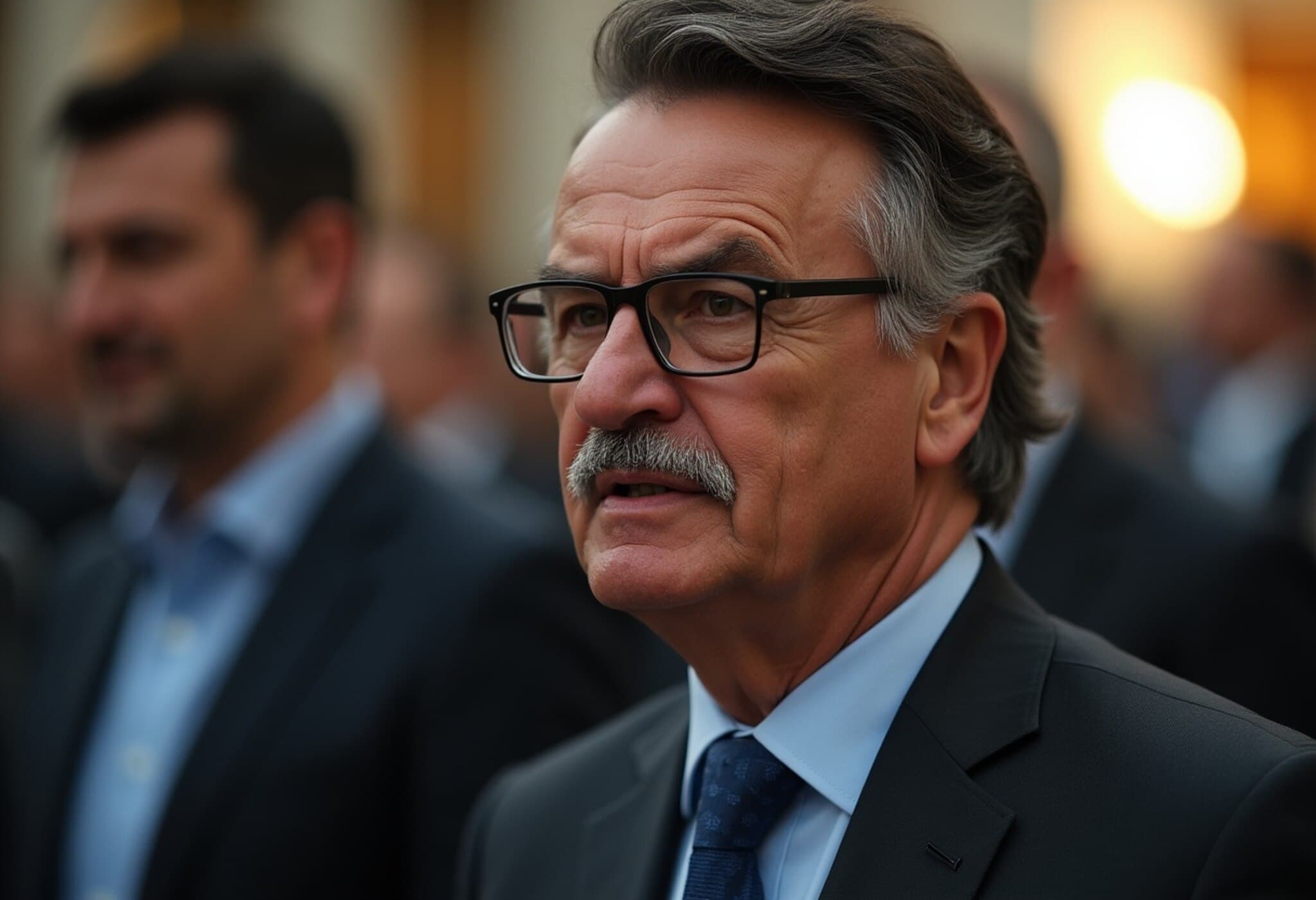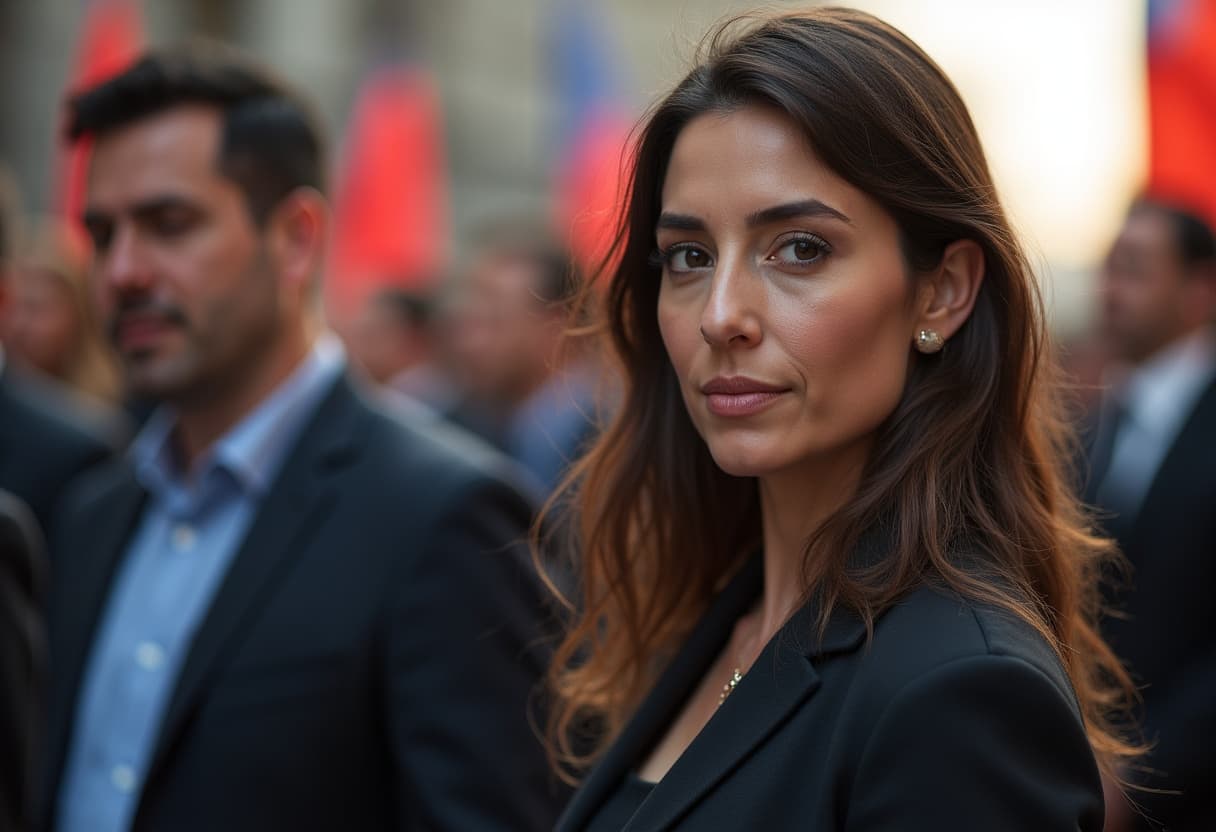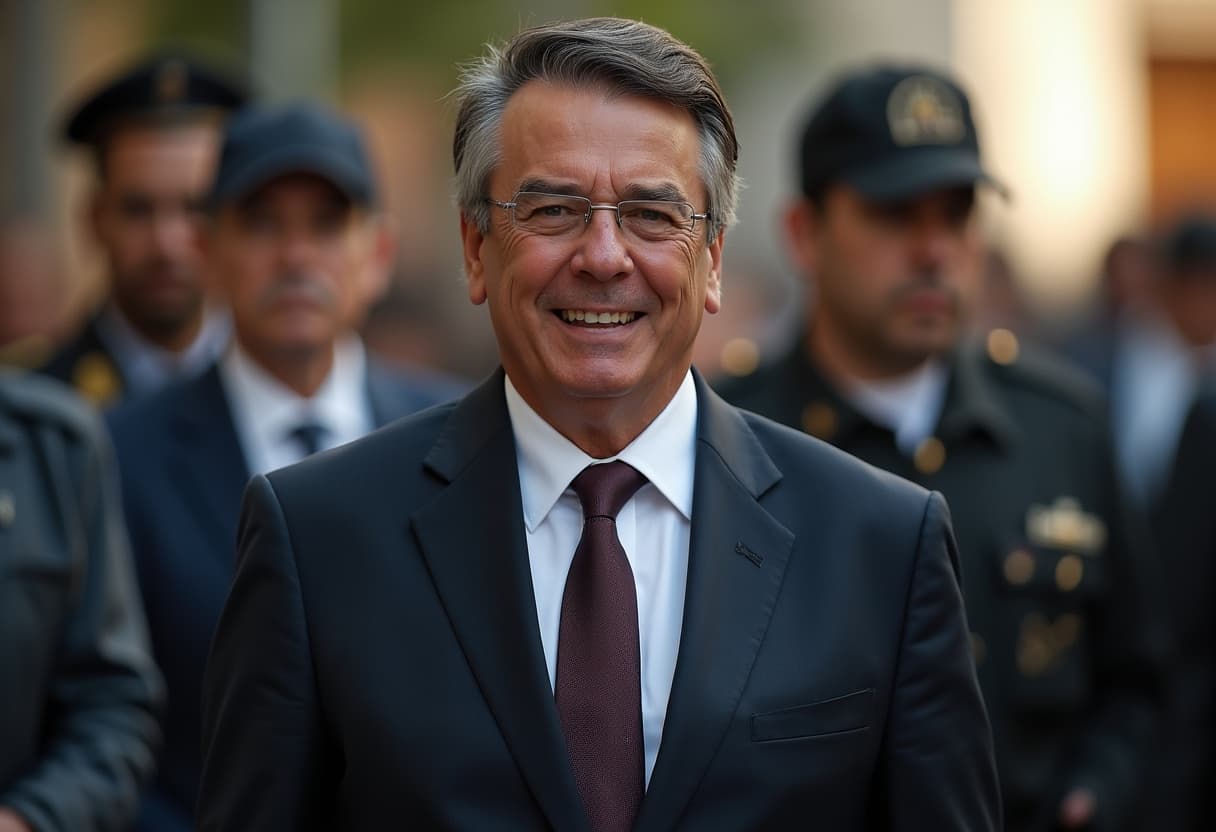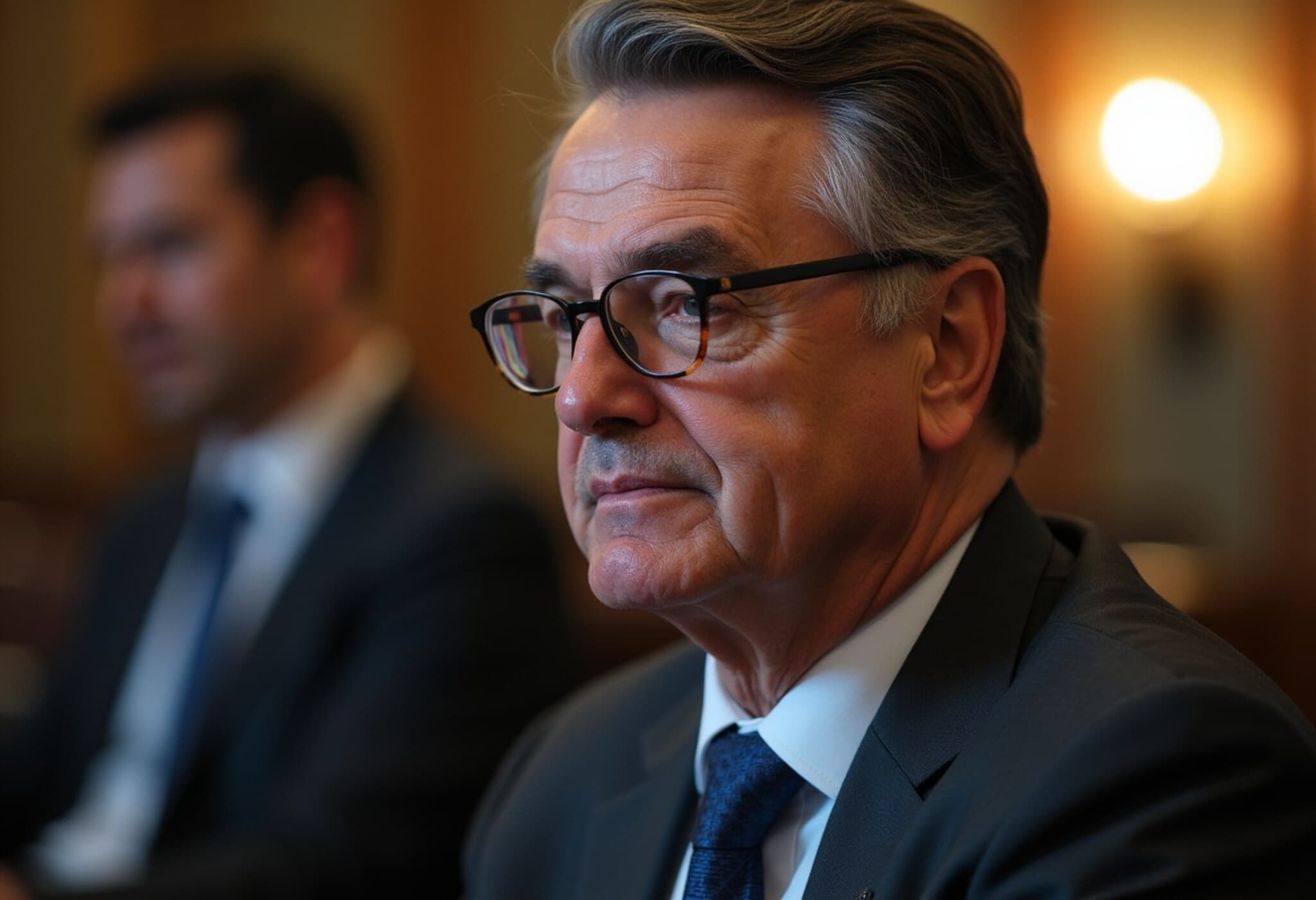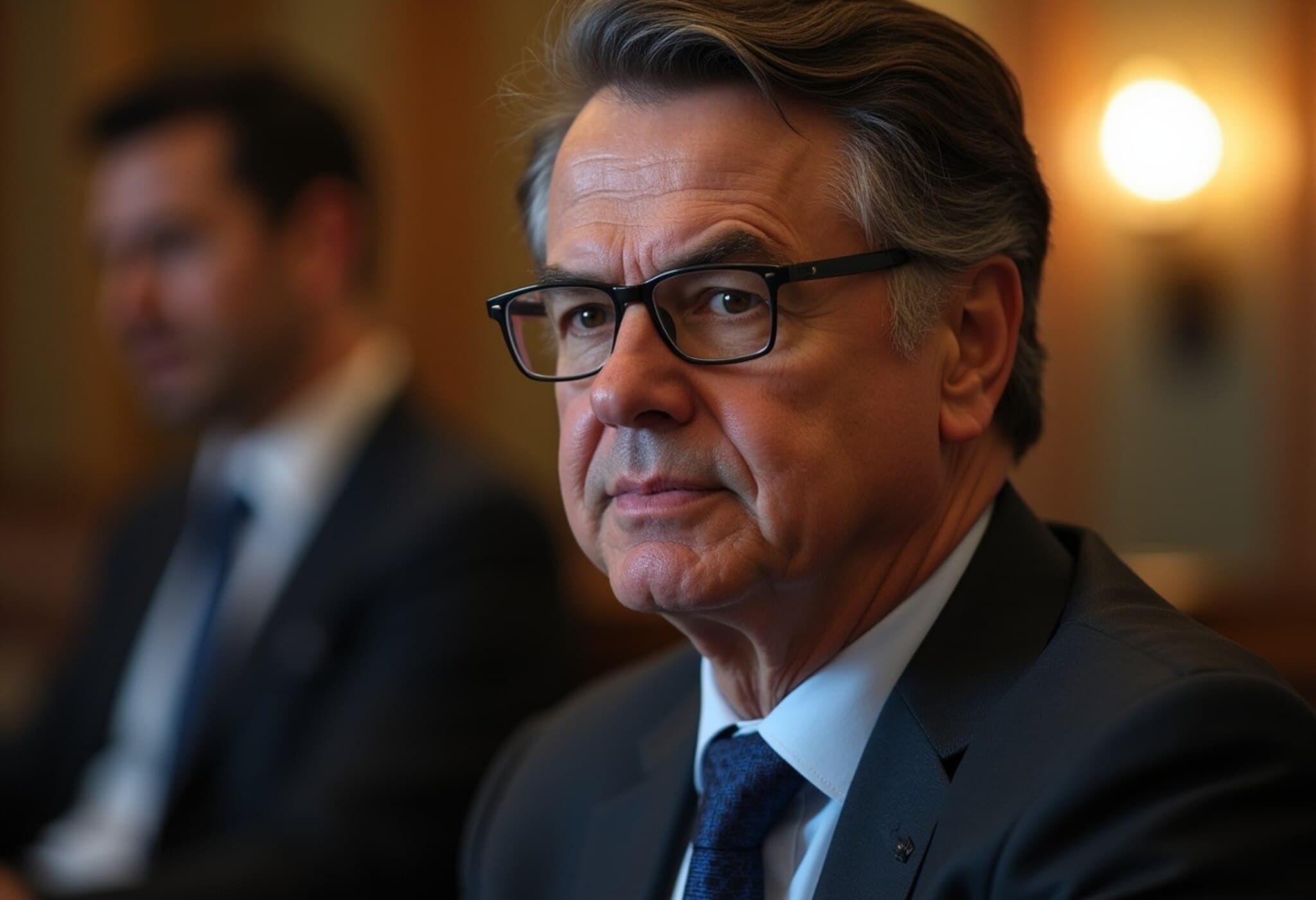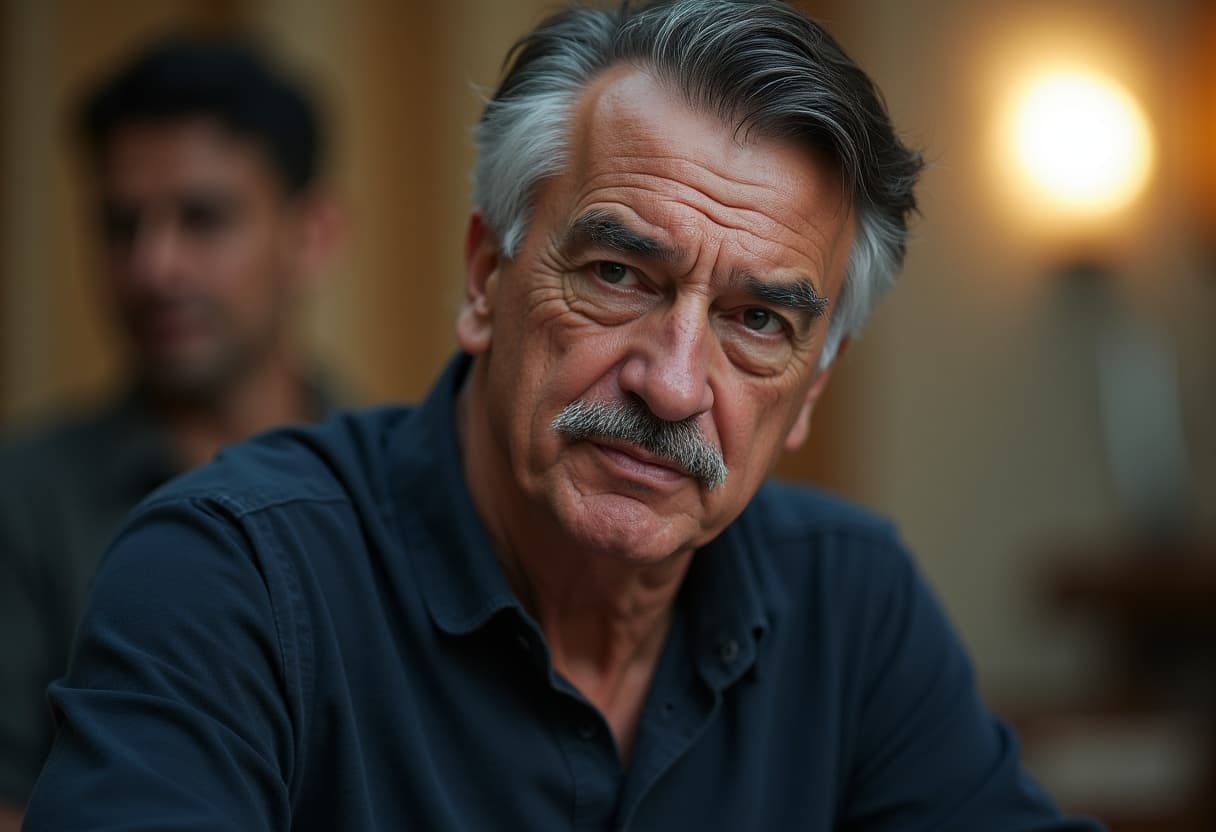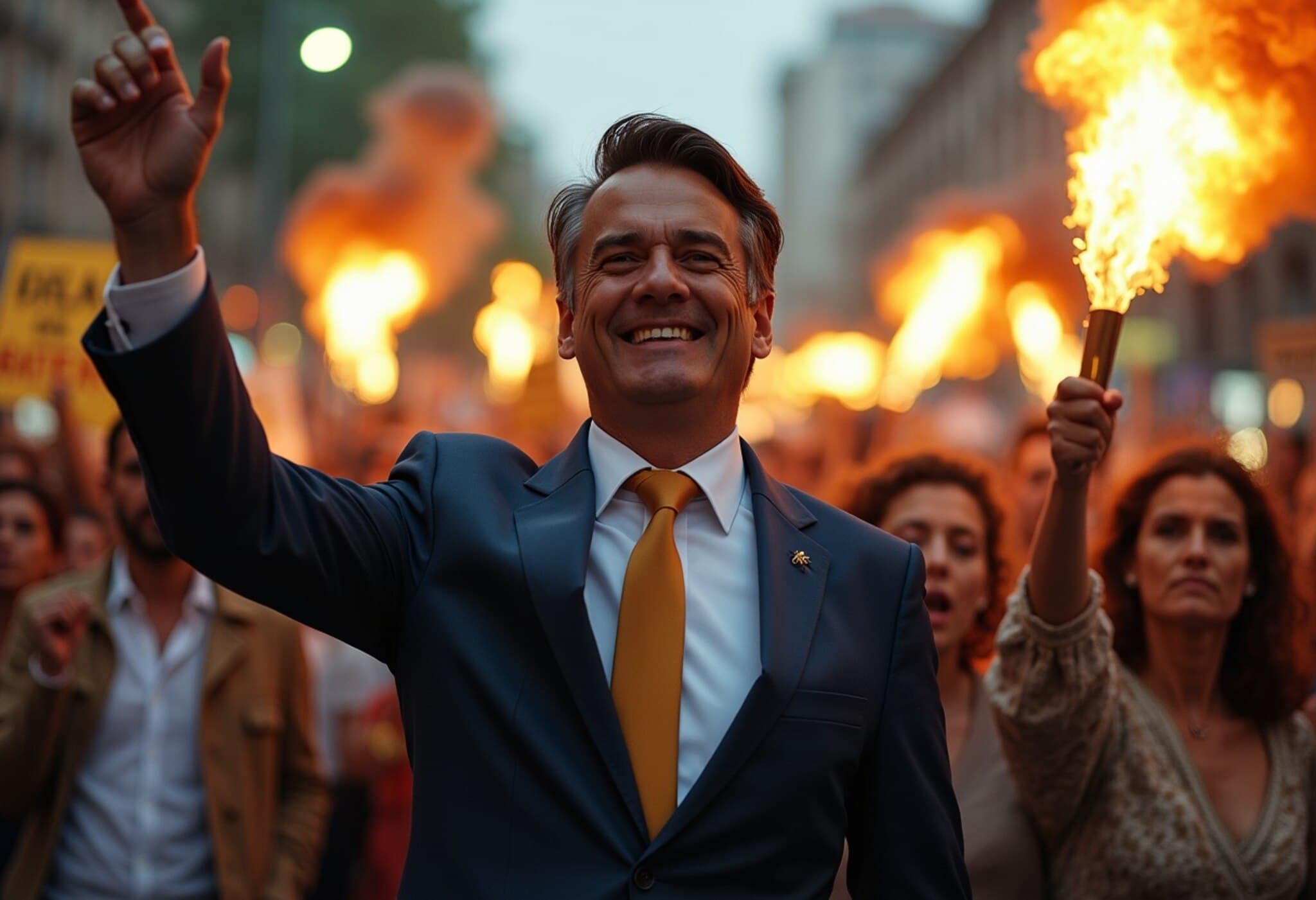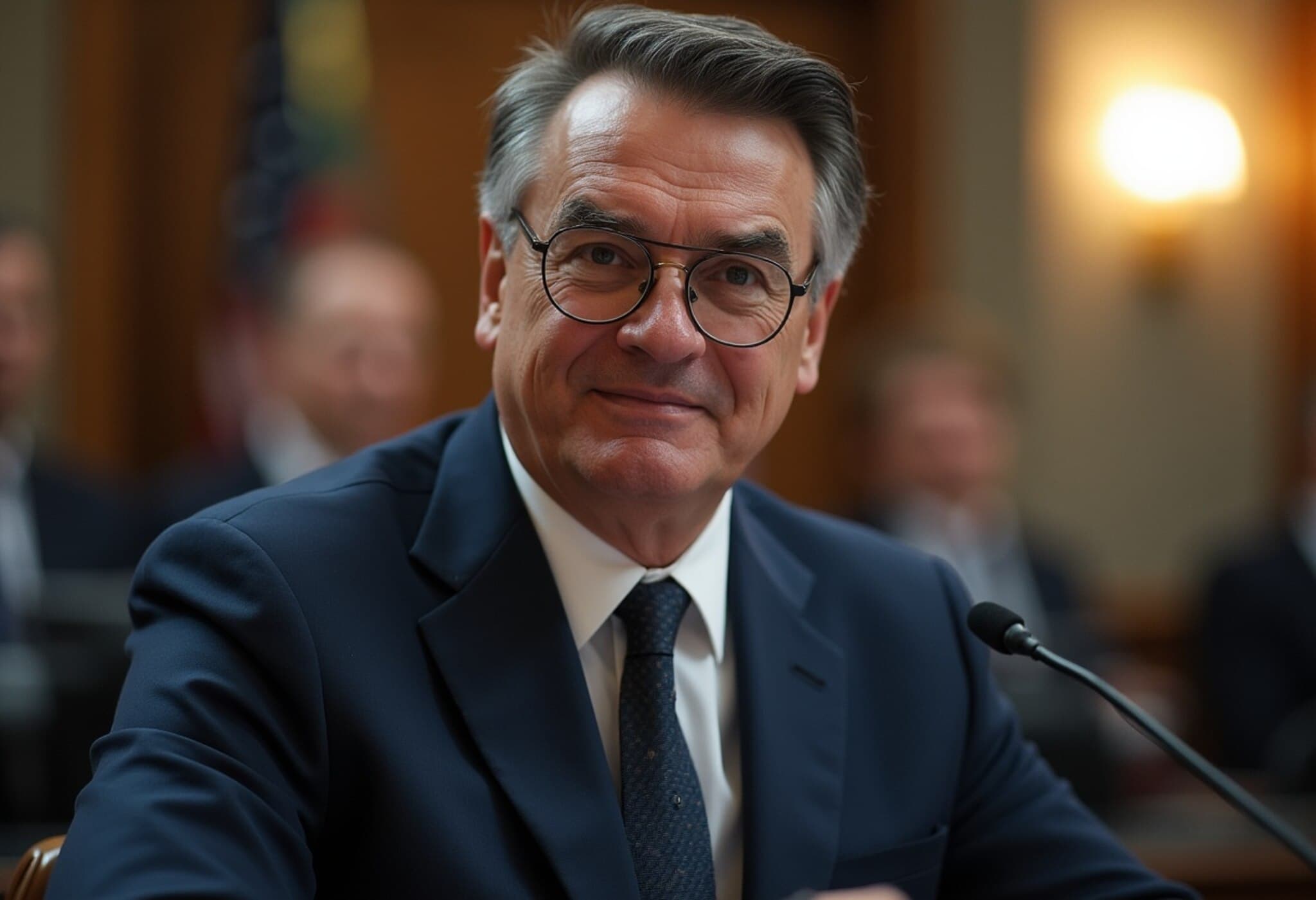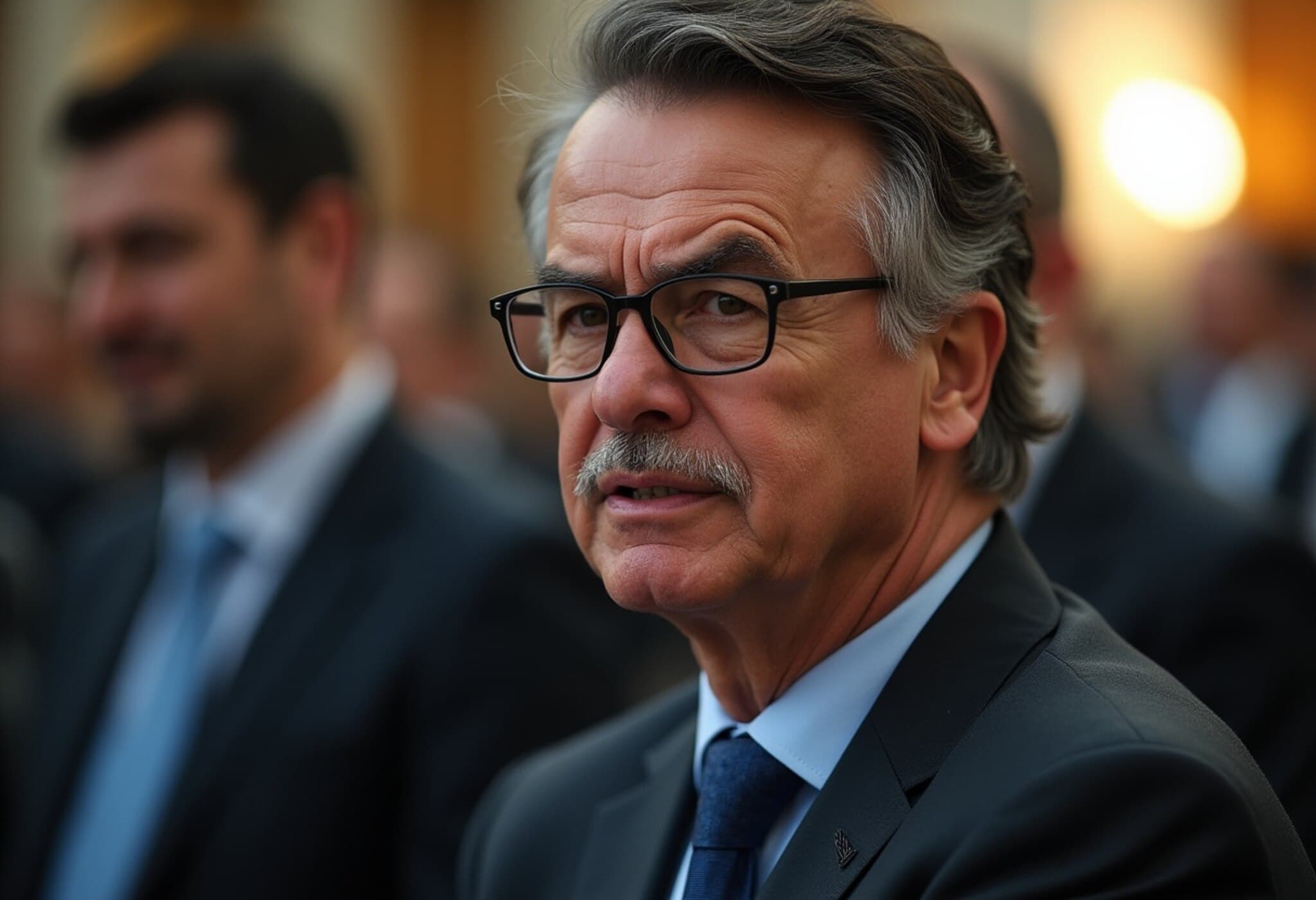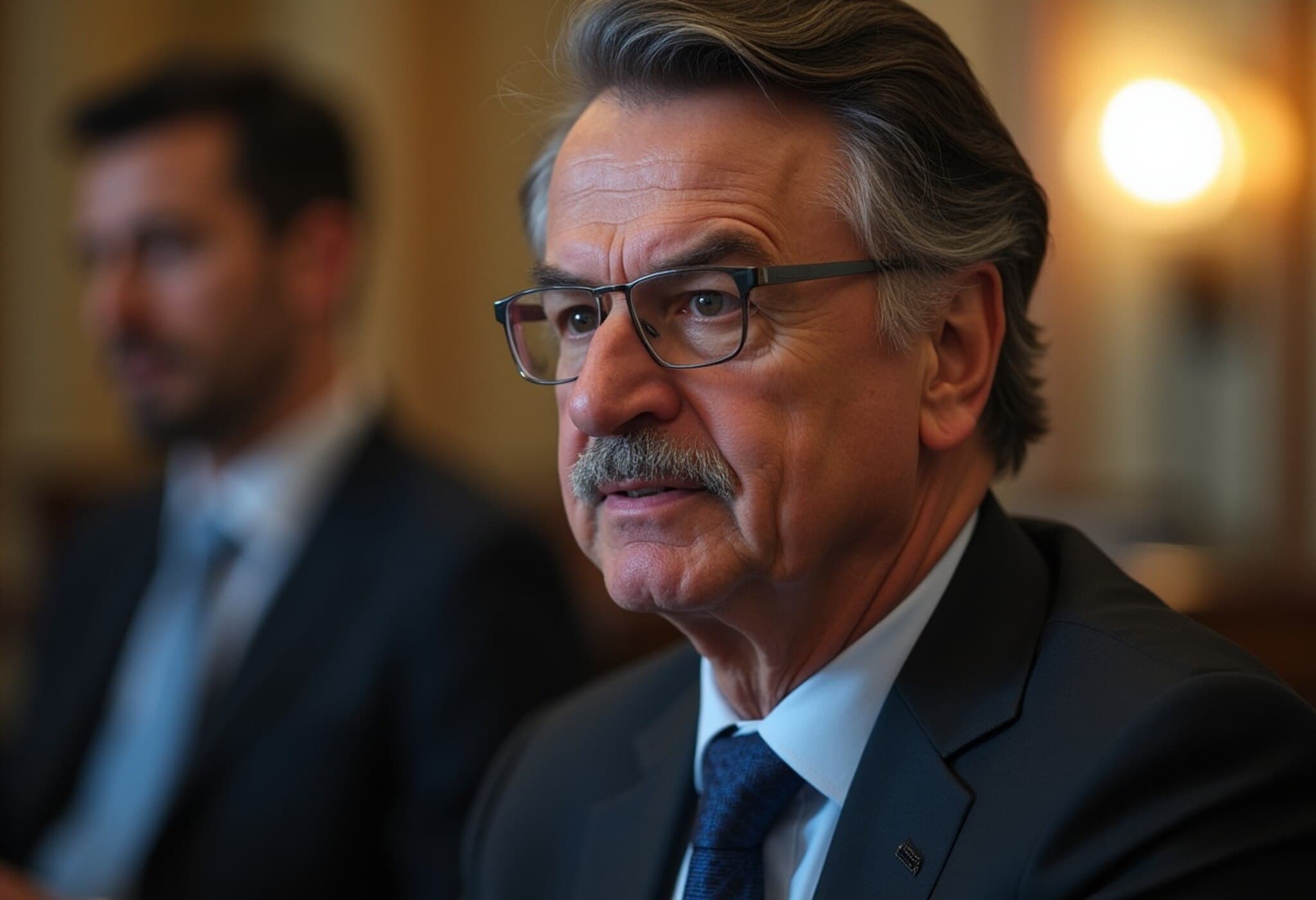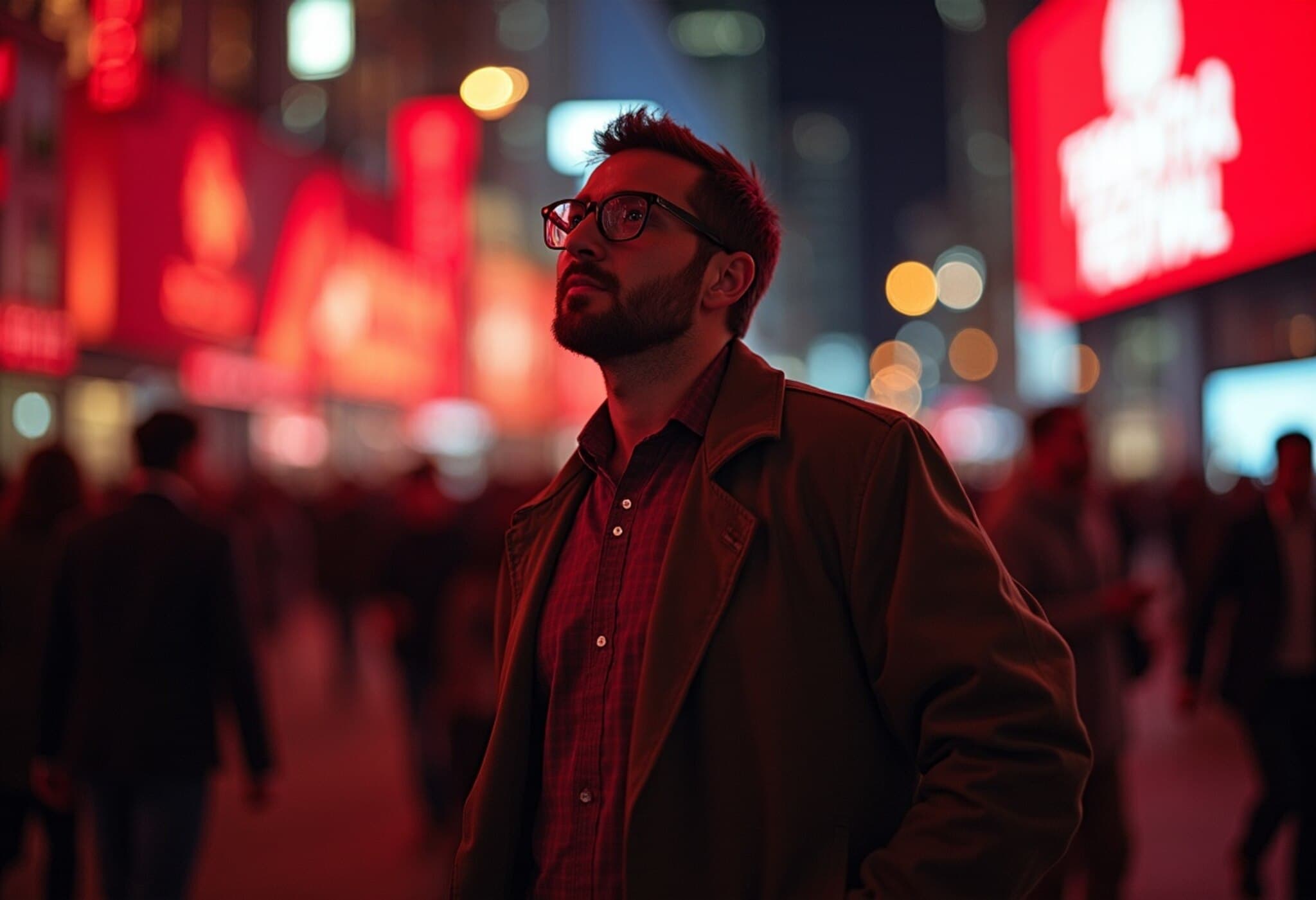Brazil’s Supreme Court Convicts Bolsonaro, but Political Drama Unfolds
In a historic move that has gripped Brazil and caught the world's attention, the nation's Supreme Court convicted former President Jair Bolsonaro, sentencing him to 27 years in prison for his role in an attempted coup. The verdict, reaching deep into Brazil’s tumultuous political landscape, marks the first time a former Brazilian leader has been tried and convicted for such offenses linked to military interference.
Yet, even as the courtroom drama unfolded live on television, a quieter but potentially explosive political maneuver was heating up across the plaza from the trial venue. Members of Brazil’s Congress have been quietly exploring paths to grant an amnesty that could potentially free Bolsonaro and his co-defendants, sparking fierce debates over legality, political morality, and the future of Brazil’s fragile democracy.
The Amnesty Debate: A Nation Divided
The possibility of granting amnesty to Bolsonaro has swiftly moved to center stage in Brazil’s national discourse. Behind closed doors, lawmakers have been drafting legislation that would absolve Bolsonaro and others implicated in the coup attempt. This contentious proposal has ignited passionate reactions across Brazil and beyond.
- Television commentators and political analysts are intensely dissecting the chances and implications of such an amnesty.
- Public protests have erupted nationwide, with dueling chants rallying both for and against freeing the former president.
- International solidarity was on display when activists projected “No Amnesty” alongside the Brazilian flag onto London’s Tower Bridge, underscoring global concern over Brazil’s democratic trajectory.
The amnesty question looms large as the so-called "elephant in the courtroom," overshadowing Bolsonaro’s conviction itself. Citizens and observers alike ask: if convicted, will Bolsonaro actually serve his sentence — or could political negotiations undo the verdict?
Contextualizing the Crisis
Brazil’s political history casts a long shadow over today’s events. As a country that endured multiple military dictatorships and coups during the 20th century, Bolsonaro’s conviction and the surrounding turmoil touch sensitive nerves about the resilience of democratic institutions.
Legal experts emphasize that granting an amnesty risks setting troubling precedents. Amnesty could effectively shield those who threaten constitutional order from accountability, potentially emboldening future anti-democratic actions.
From a U.S. perspective, Brazil's crisis is a stark reminder of the fragility of democratic norms worldwide, particularly in societies where political polarization runs deep, and trust in institutions is eroding. The debate over amnesty also resonates amid global discussions on how to reconcile justice with political stability.
What’s Next for Bolsonaro and Brazil?
With Bolsonaro’s prison sentence possible to enact next month, the unfolding negotiations in Congress are a pivotal test for Brazil’s democracy. Will lawmakers prioritize the rule of law, or will political expediency prevail?
Observers note several key questions that remain unanswered:
- How much support does the amnesty have within the fractured Brazilian Congress?
- Could international pressure influence Brazil's internal decisions regarding political accountability?
- What impact might this political struggle have on upcoming elections and Brazil’s democratic health?
The scenario invites reflection on broader themes of justice, reconciliation, and democratic resilience in polarized societies. As Brazil confronts its past and future, the world watches closely.
Editor’s Note
Brazil’s recent conviction of Jair Bolsonaro is more than just a legal milestone — it’s a mirror reflecting ongoing battles between democracy and authoritarianism in Latin America. The amnesty debate poses difficult questions: Can Brazil hold leaders accountable without fracturing its political landscape? Or does amnesty risk eroding hard-won democratic gains? Readers are encouraged to consider the delicate balance between justice and political pragmatism in emerging democracies worldwide.

